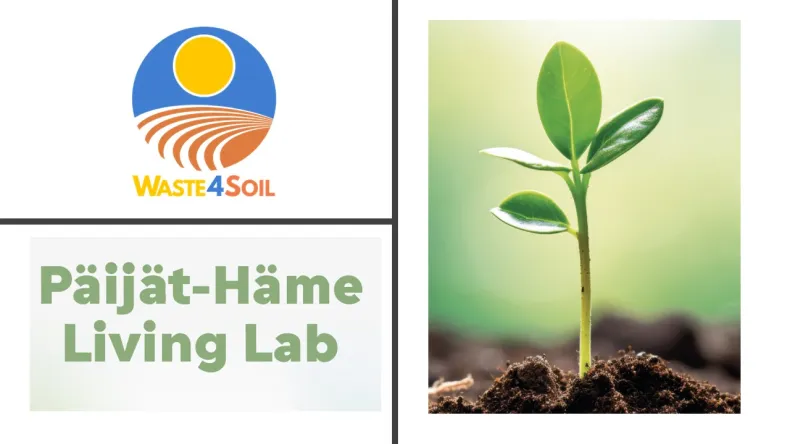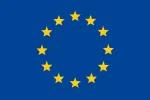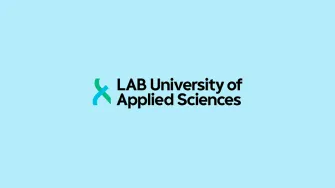Waste4Soil - Improving food systems sustainability and soil health with food processing residues

The project applies socially innovative process management through the living lab method to optimize current practices and technologies. These seven living labs serve as research platforms and enable “cross-pollination,” which accelerates the development of a smart, sustainable, resilient, and inclusive food system. The Päijät-Häme living lab is part of the project. In Päijät-Häme, data is collected on food industry side streams and soil properties in international collaboration, with samples tested and analyzed both locally and internationally in Spain and France. LAB conducts field testing experiments from 2024 to 2026 at the Salpaus campus in Asikkala and on private farmland. Crop yields are also measured, analyzed, and results shared internationally. Additionally, LAB organizes 18 workshops for living lab participants.
The ten-member expert group of the Päijät-Häme living lab represents a broad range of stakeholders: companies in fertilizer production and renewable energy, research institutions, political decision-makers, farmers, and representatives of civil society.





